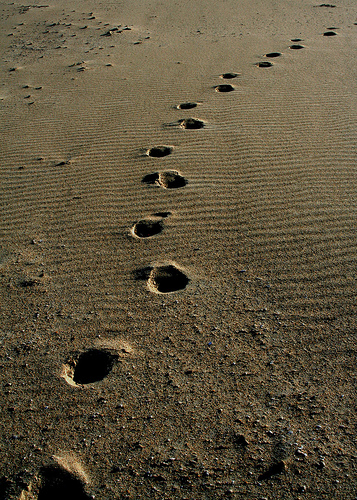I can't describe how powerful and affirming the experience of looking through pages and pages of words has been; from stream of consciousness prose to pensive morning reflections, from photo-poetry to snippets and chapters from upcoming book projects, I really am blown away by how far I've walked, mentally and…
-
-
African Feminism - Afrofeminism - Blog - Gender and LGBT Issues - Interviews - LGBT Africa - New Media - Special Series
Kitchen Table Conversations: LGBT African Diaspora Speak on Culture, Queerness, and Media
In partnership with Women, Action, and the Media (WAM!), I’m hosting a virtual panel that features the perspectives of LGBTQ African Diaspora on African culture, queer identity, and the media. The focus of the panel will in part be driven by pre-submitted questions from listeners, but will also aim to highlight the…
-
African Bloggers Statement on David Kato and Uganda
"We the undersigned wish to express our deep sadness at the murder of Ugandan human rights defender David Kato on 26th January 2011. David's activism began in the 1980s as an Anti-Apartheid campaigner where he first expressed a strong passion and conviction for freedom and justice which continued throughout his…
-
In Memory of David Kato: We Will NOT Abandon Hope for Fear
No doubt David's brave words will resonate with activists and community organizers all over the world. His words along with Gloria's call to action are enough to get me out of my rut, even though I am still sad, and still afraid. The truth is that even though, like so…
-
To Hell With Mainstream Press Coverage: Women, People of Color, and Trans People Should Create and Control Their Own Media Stories
As leaders of social change, we aren't in a position to suffer "bad" press -- which in our field, often means mis-informed, mis-quoted, downplayed, and at times, downright inaccurate press coverage on the social justice issues we care about. Our causes -- "brands" for the sake of argument -- aren't…


